Façade: An exterior side of a building that is usually characterized as the front of the building. From an engineering perspective, the façade may have a significant impact on energy efficiency whereas zoning regulation may severely limit or prevent the alteration of historical façades.
Fair Market Value Rent | FMV Rent: The most feasible rent that a property should be rented for, taking into account the properties highest and best use and the rent that comparable properties at that particular time would rent based on relevant market factors. More specifically, FMV Rent can be considered the rent per square foot that a non-sublease tenant would pay on a non-sublease, non-renewal basis, for unencumbered space comparable to the premises in the building and in comparable buildings in the area giving appropriate consideration to market concessions and to all economic terms. Such economic term would include the length of lease term, size and location of premises, brokerage commission being paid or not paid, and whether tenant improvements or allowances are or are not being provided for such comparable space.
Financial Accounting Standards Board (also known as “FASB”): An independent board consisting of accounting professionals who primarily develop standards of financial accounting and reporting. Such standards are known as generally accepted accounting principles (GAAP) and govern the preparation of corporate financial reports.
Fee Mortgage: An agreement secured by real property whereby a bank or other creditor lends money to an owner of a fee simple interest in real property. Among other things, the real property secured by the fee mortgage is utilized as collateral (and can be foreclosed upon) in the event of the debtor’s uncured default.
Financial Statements and Records: Records that outline the financial activities of a business, an individual, or entity. Such records often include income statements, balance sheets, statements of retained earnings and cash flows, generally maintained according to the generally accepted accounting principles (GAAP).
Fire and Casualty (Clause): A provision in a lease that sets forth the rights and obligations of the tenant and landlord if a fire, casualty or other damage were to occur in the leased premises (and/or the building of which the leased premises are a part of).
Fixed Costs: A cost that remains unchanged over a specified period of time. Such fixed costs can include rent, loan payments and insurance premiums.
Fixed Rent: The cost of rent under a lease remaining “fixed” over a specified time period during a lease term (i.e., January 1, 2018 through and including December 31, 2018).
Floor Area Ratio (“F.A.R.”): At its simplest level, the ratio between the total amount of useable floor area that a particular building has (or is permitted to build upon), when compared to the total area of the lot which the building stands on.
Food Hall: Although the definition can vary somewhat, a food hall can generally be considered an area of a shopping mall, retail component of a building or a free standing building containing select and/or individual retail vendors and kiosks.
Force Majeure: Getting international on you my friends, a French term meaning “greater force.” Subject to terms and conditions contained in a lease, a force majeure provision acts to remove the liability for natural and unavoidable events that restrict a party or parties from fulfilling their obligations under a lease. Commercial real estate leases typically list such force majeure events as “any prevention, delay or stoppage of work or other obligation to be performed due to strikes, labor disputes, inability to obtain labor, materials, equipment or reasonable substitutes thereof, acts of God, governmental restrictions or regulations or controls, judicial orders, enemy or hostile government actions, civil commotion, fire or other casualty, or other causes beyond the control of either Owner or Tenant.” For example, the occurrence of Hurricane Sandy in 2012 is considered a force majeure event.
Foreign Entity: An entity formed in another state or foreign nation conducting business in another state or jurisdiction.
Franchise Agreement: A contract in which an established entity (known as the franchisor) agrees to among other things to permit another party (known as the franchisee) to utilize its brand while providing the requisite support for and to the franchisee so that the franchisee can operate the franchised business of the particular brand in exchange for a fee and share of income. The franchise agreement will specify the duties of each party as well as the compensation to be paid to each.
Franchisee: One who purchases and operates a franchised business. The franchisee is responsible for certain decisions, but other issues such as the look, name, and products sold by the franchise are commonly under the control of the franchisor.
Franchisor: An entity that allows a franchisee to operate a location/franchise of their business. The franchisor is the party that owns the franchise company and its intellectual property but grants the franchisee the right to operate a franchise location.
Free Rent Concession(s): A rent abatement given by the landlord to the tenant, generally at the commencement of a lease term. Such free rent concessions are often dependent on a number of factors including the length of the lease term, the amount of security deposit put down by the tenant, the current market conditions, the other concessions the landlord is granting the tenant, and whether the lease is for office, retail, or industrial use.
Freight Elevator: A service elevator intended for carrying goods and other large items rather than mainly transporting passengers. In a lease, the amount of freight elevator time and the hours of operation the elevator can be operated are often negotiated between the landlord and the tenant.
Fuel Escalation(s): A lease provision whereby the landlord is permitted to pass on a percentage of an increase in the cost of a particular utility expense (i.e. fuel) to their tenant.

